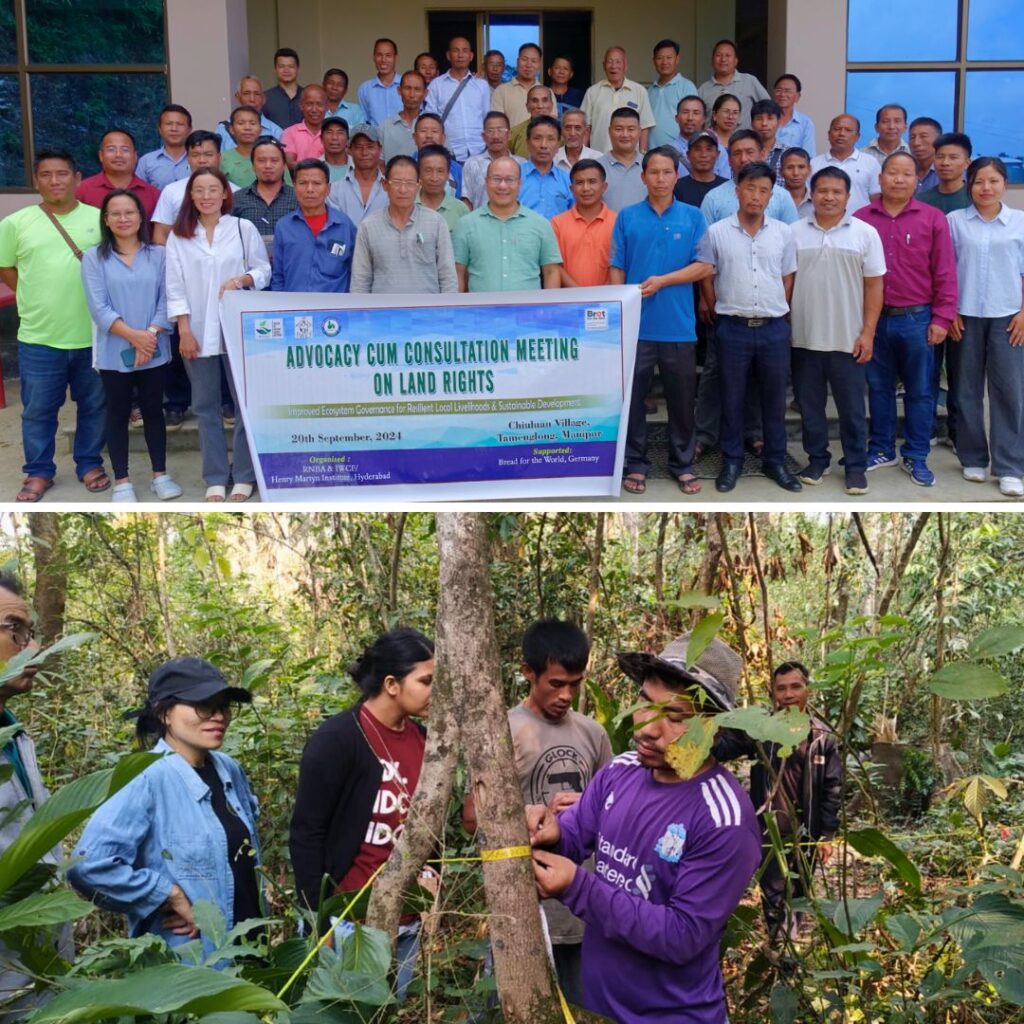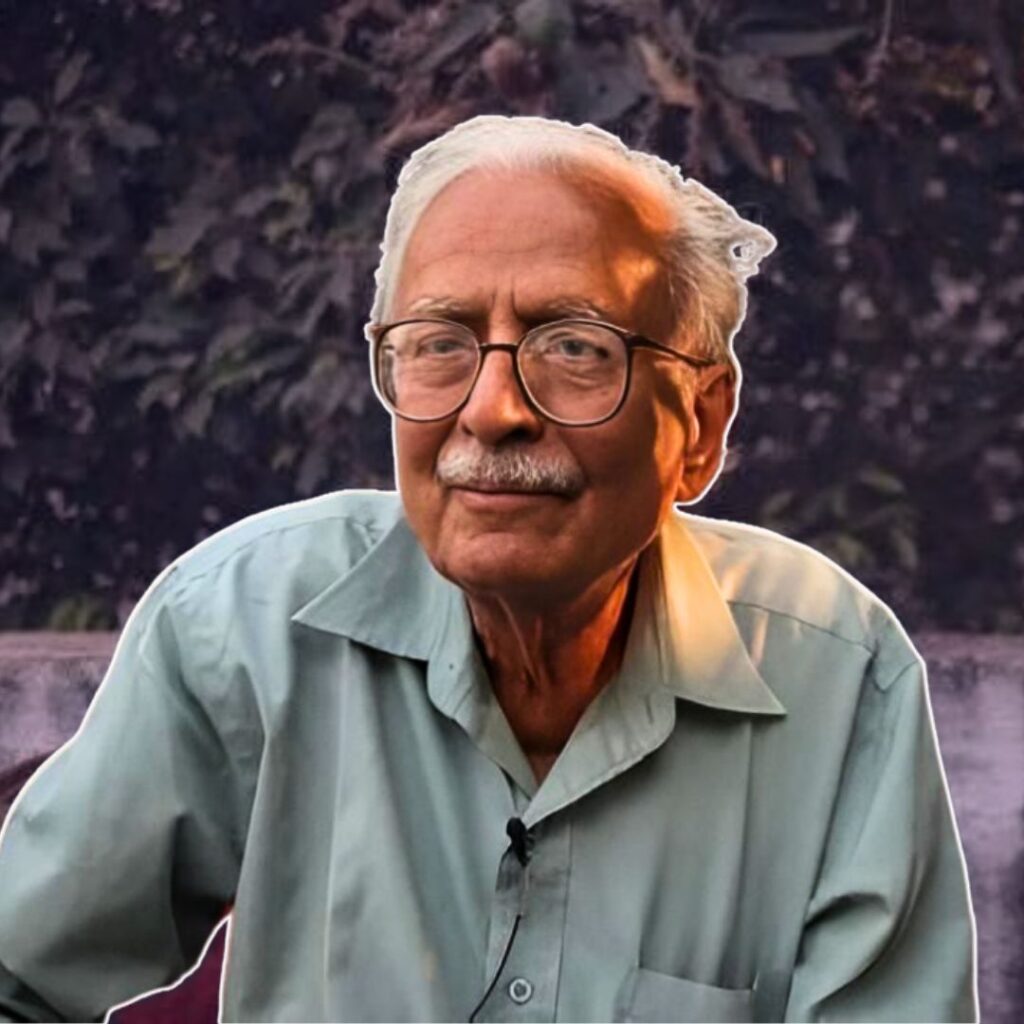Genetically Modified Mustard (GM Mustard) was recently given a nod for commercial production by the Genetic Engineering Appraisal Committee (GEAC) even as it was surrounded by controversies.
The approval comes as a contradiction to the Bharatiya Janata Party’s commitment in its election manifesto that “GM foods will not be allowed without full scientific evaluation on the long term effects on soil, production and biological impact on consumers.”
In a report by The Hindu, former Textile Secretary in the Government of India (1996-98), TSR Subramanian, who had previously supported the approval of Bt Cotton – the only genetically enhanced crop produced in India – says, “The alluring promises of higher yield and lower pesticide usage which induced many, including myself as Textile Secretary to the Government of India in the 1990s, to welcome Bt cotton have now been belied. Despite increased fertilisers and irrigation, the expectations of enhanced cotton yield have not been realised.”
In 2010, the GEAC had also cleared Bt Brinjal, however, the decision had to be overturned by the then environment minister Jairam Ramesh, owing to strong protests from the civil society.
“Most of the countries that have higher cotton yields than India, do not grow GM cotton,” adds TSR Subramanian.
Graph showing mustard production by GMO and non-GMO countries The Hindu
The graph shows that the highest yields in mustard are from the five countries which do not grow GM mustard — U.K., France, Poland, Germany and Czech Republic — and not from the GM-growing U.S. or Canada.
“The main advantage trotted out in favour of GM mustard is increased yield – there is sufficient evidence that this claim is a myth. As against this alleged advantage, there are formidable social, economic and environmental reasons which cry out against GM mustard – examination of these has been hardly done by the GEAC,” reports TSR Subramanian.
In similar lines, Greenpeace India points out that the one argument for GM Mustard that people are bound to hear is – GM Mustard should be introduced to cut down on import prices. But GM Mustard does not improve productivity, so it is unlikely that it will cut down on import prices.
“What is necessary, however, is raising the current import prices. We need to ensure there are import tariffs to prevent cheap imported oil from flooding the Indian market and encouraging farmers to grow oil instead,” adds the global environment group.
It has been said by many environmentalists that if India wished to increase mustard production without harming the environment and the citizens, the country would resort to the practice of System of Mustard Intensification, for which successful trials have been done in Bihar through a World Bank project. The results showed higher yields and better income, and all of this without the use of toxic herbicides – which is the aspect of GM Mustard that has remained hidden.
Gaps in scientific evaluation of GM Mustard
In his report, TSR Subramanian points out the numerous deficiencies in the evaluation process of GM Mustard.
“The risks to health, environment and agriculture have not been evaluated even through those inadequate tests which were conducted at the time of Bt brinjal examination, though mustard is far more extensively grown and consumed than brinjal.
The GEAC had itself rejected a similar HT GM mustard proposal by Bayer in 2002. The same reasons apply now.”
In an 11 May 2017 Press Release, Kavitha Kuruganti of Alliance for Sustainable & Holistic Agriculture (ASHA) had said, “GEAC have failed in their very mandate and purpose for which they have been created, to protect citizens from risks of GMOs. Earlier in the case of Bt brinjal too, they behaved irresponsibly and shamelessly unscientific…They had ignored all the many valid questions raised by scientists and others and chose to function behind a shroud of secrecy.”
Ms Kuruganti also noted that the GM Mustard is actually a Herbicide Tolerant (HT) crop, but its developers did not apply for its environmental release as an HT crop. Incidentally, the GEAC has omitted to have any herbicide-related studies.
Greenpeace India had also expressed its issues with the government’s faulty evaluation and said, “India signed the Cartagena Protocol aiming to protect biodiversity and provide biosafety in 2003, but now, is keen to give the go-ahead to GM Mustard (straight road to monoculture).”
It added that right from the beginning GM Mustard has been shrouded in secrecy. All the pages of the GM report have not been made available to the public despite the fact that the authority is bound to. The only thing made available was a summary report, for which you had to seek permission, visit the ministry and mentally analyse all the pages – that too only for a short period of time in October 2016.
GMWatch, an independent organisation that provides the public with information on GMO foods and crops, reported in 2015, “The central g…











